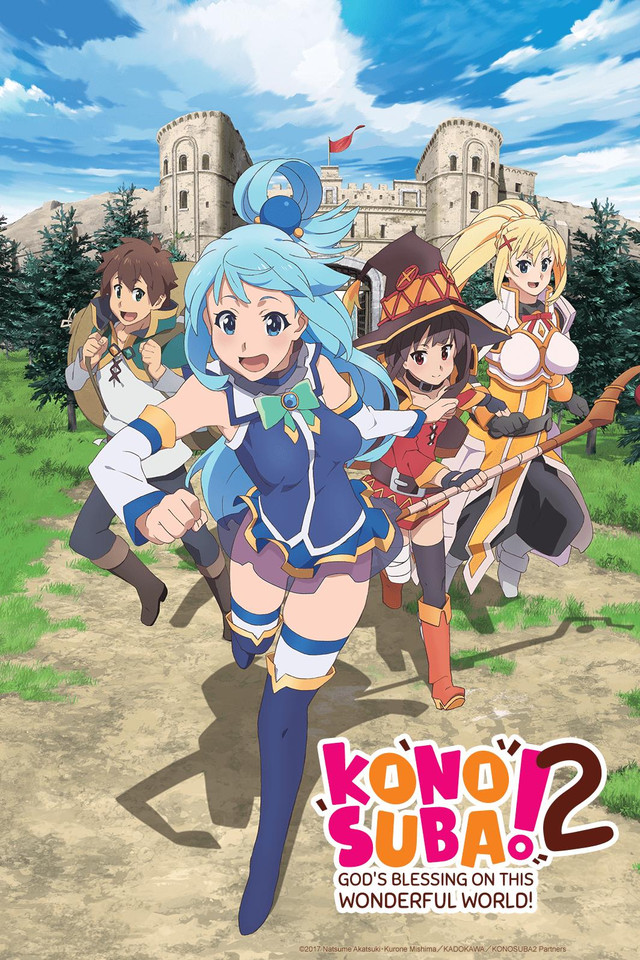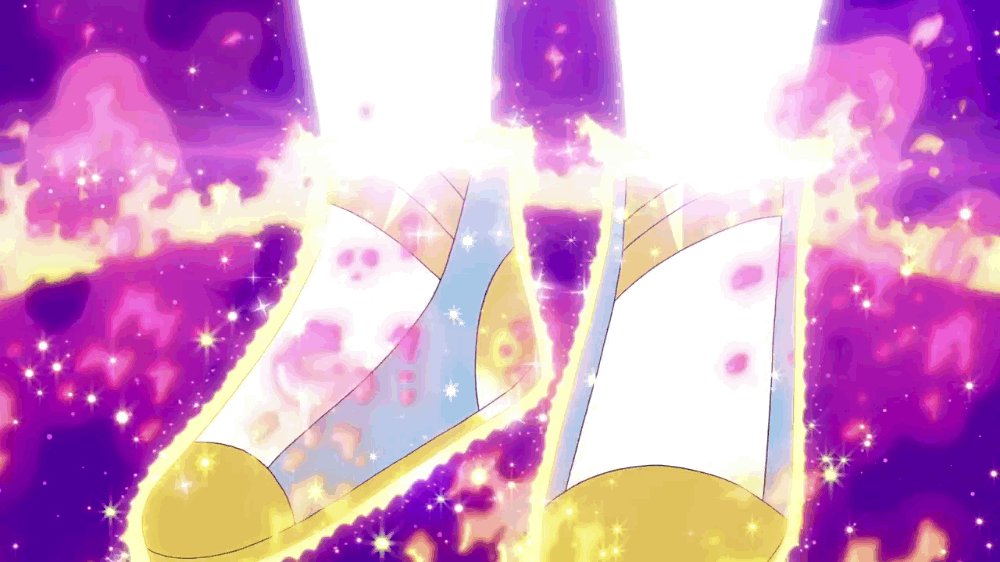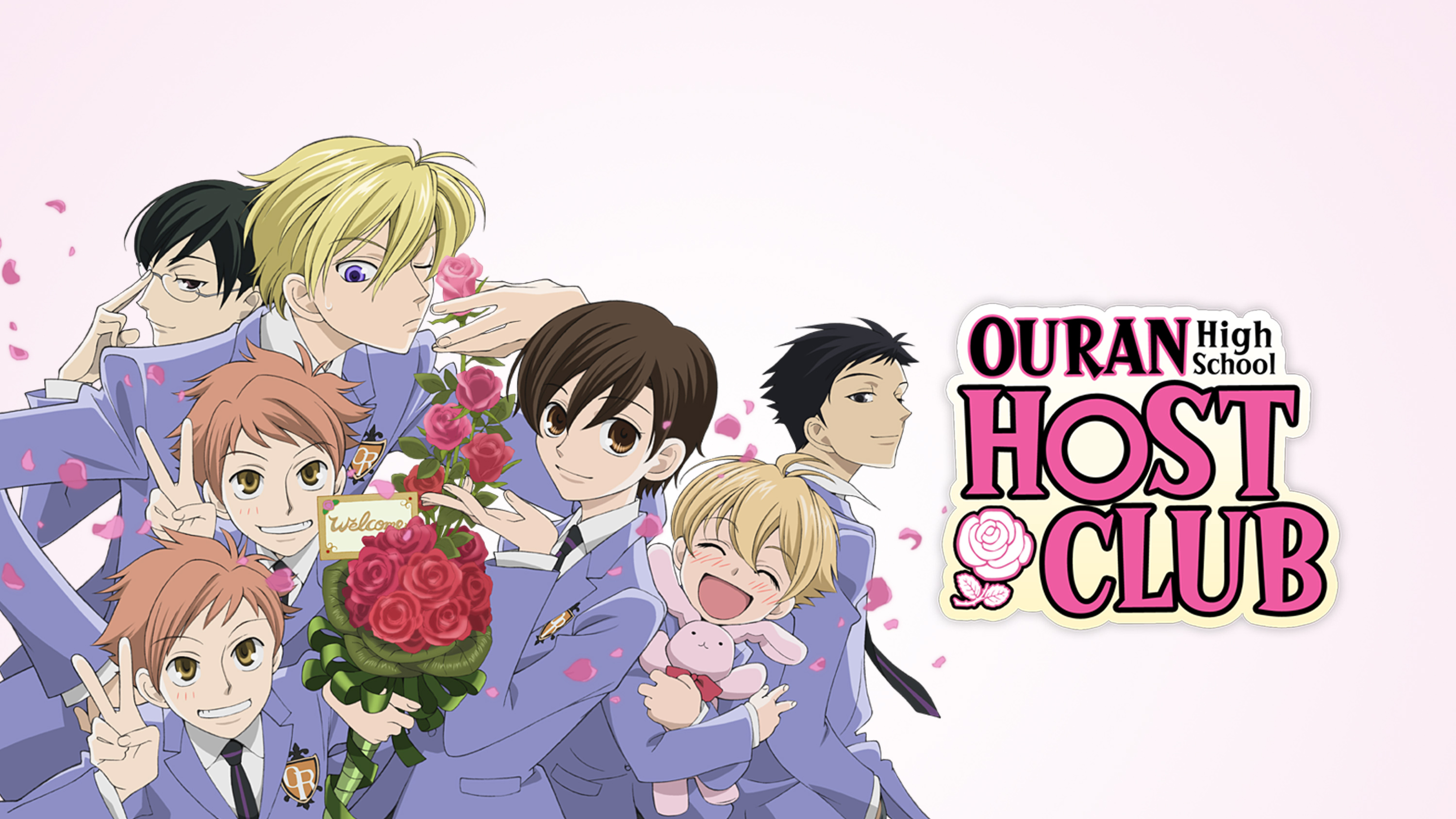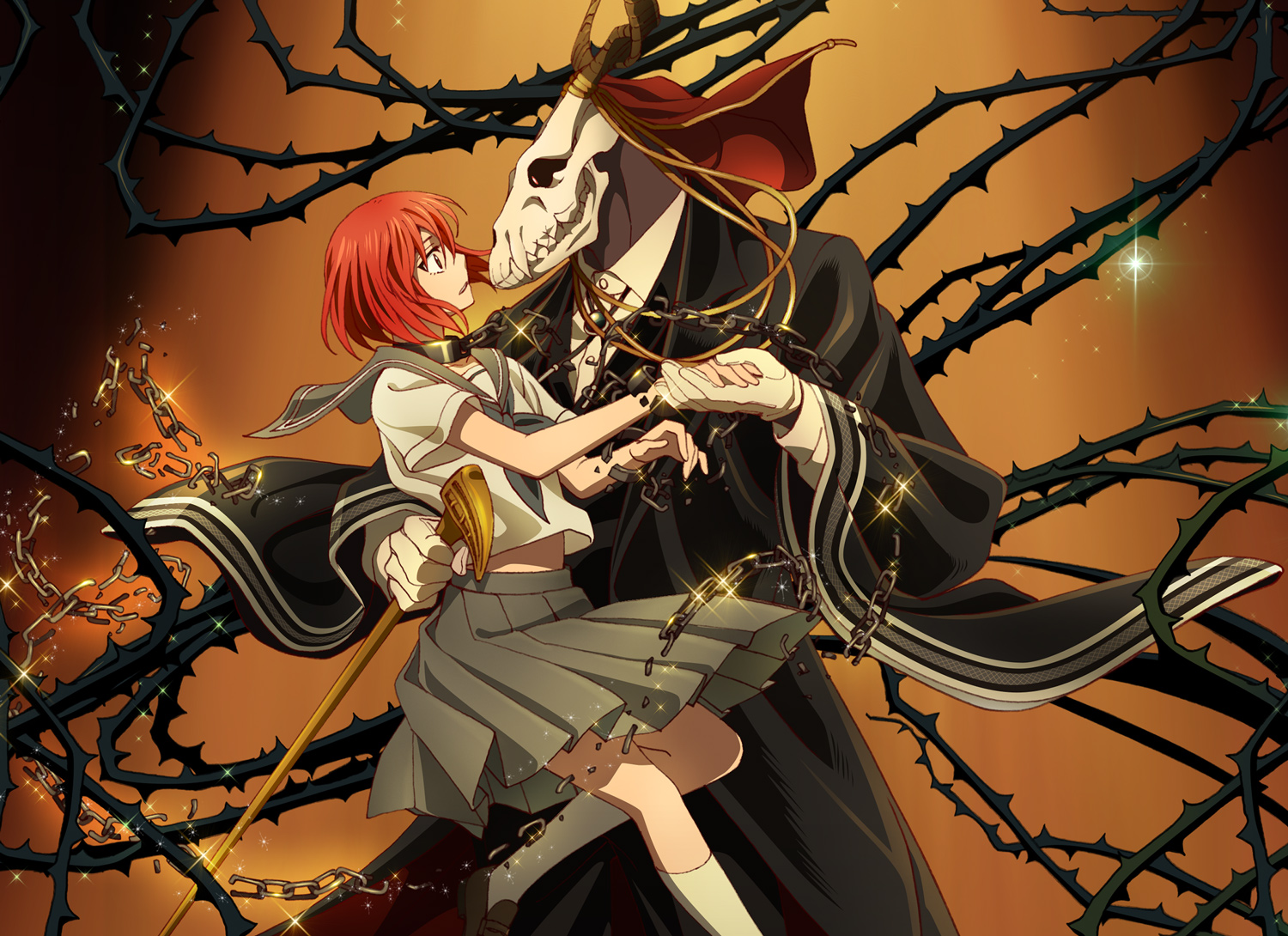This week's topic of the mind-bending works of Satoshi Kon were certainly an interesting way to start the morning. No need for coffee when reality doesn't exist, amirite?
All kidding aside, Perfect Blue and Paprika are incredibly well done and gorgeously animated works of art that blend and blur the concepts of space and time. I quite enjoyed what we watched of Perfect Blue in class, and plan to seek it out later to finish it -- once the insanity of finals and senior thesis is done. I found the concept of the speed of animation being necessary to Kon's editing to be quite intriguing -- I had never stopped to consider how the medium might affect the pacing that way -- and how that in turn alters the stories you can tell within that medium. It makes me re-consider some current projects I have on the side and how I might change or play with their medium to better suit the stories I want to tell.
Kat Aschman's Manga Seminar Blog
Wednesday, May 1, 2019
Silver Spoon
My reaction to the chapters we read of Silver Spoon was one of understanding and enjoyment. I connected with Yuugo quite a bit in regards to feeling lost surrounded by a sea of students who all know exactly what they want to do with their lives and how they're going to achieve it. It's a struggle and it can make you question everything about yourself, whether you should even be at the school, how you'll survive, who you'll be -- everything. It remains a constant source of worry as you still struggle to find your idealized future as others seem to be following a specific dream on a furious track. I also connected with the struggles of keeping up with farm labor. I maintain my own garden here on my tiny school patio, and it's a massive amount of work just having this tiny plot of plants stay alive. Never mind having to be up at ass-o-clock in the morning to get the animals fed and watered, which a friend of mine has to do, since he lives on an actual farm. I quite liked the story, and am probably going to continue reading it after class.
If I were to adapt this story, I would probably chose another serialized media, given how long the story is and that it is still ongoing. I would probably have to say a show, though there is a Silver Spoon anime that is 11 episodes long and came out in 2013. I would probably want to expand on that, since the story is still updating regularly. I would probably use the animated media to take some more time to examine the landscapes in ways that the book cannot, and to highlight the contrasts between our protagonist and his environment.
If I were to adapt this story, I would probably chose another serialized media, given how long the story is and that it is still ongoing. I would probably have to say a show, though there is a Silver Spoon anime that is 11 episodes long and came out in 2013. I would probably want to expand on that, since the story is still updating regularly. I would probably use the animated media to take some more time to examine the landscapes in ways that the book cannot, and to highlight the contrasts between our protagonist and his environment.
European influence in anime
It's a curious thing to note how widespread European culture influences anime. From the numerous stories set in pseudo-Victorian England, to the multitudes of characters in "Lolita" fashion, Christian symbolism and inversion, to the medieval Europe locales of many high fantasy stories, one cannot get away from it. To a Westerner, it's not the most noticeable until it is pointed out, as Western culture is our norm, what we think of as our baseline. But it's so pervasive in media that comes from non-Western cultures as well -- perhaps due to the nature of colonialism and how it overrides native cultures until there's barely anything left. At least, that's my guess as to where it started. And it's continued because it's considered to be "normal" and "standard", and nobody bats an eye at it. This isn't to say that I hate any of the European-influenced works that I mentioned -- far from it. It's important, though, to look at all the media we consume with a critical eye and understand where it's coming from.
Through the power of friendship!

My first brush with shonen anime was with Avatar: The Last Airbender, which is certainly more Americanized than some purists would like to allow. I think the genre has a niche in our society, as most of our comics and a good lot of popular television shows would fall into the shonen category if they had been made in Japan. And that is because that category is just so wide, it's like an open invitation to try ones hand at it. Who could resist? I'm sure most among us have wanted to insert themselves into their favorite story, creating their "sonas" or going as far to write their own fiction and spin offs. This brings me to the isekai genre discussed this week. It's had a massive surge in popularity, and I think it's because it taps into that want to be a part of something fantastical. Just like any online or table-top role playing game, which have also had massive resurgences. It's no secret that most of us want more out of this life, and for many, they want not just glory and recognition, but the dragons and fairies too.
The Magical Girl Today
 I think any American kid around my age remembers Sailor Moon, even if they didn't watch it or weren't a fan. The influence of that anime and the explosion of "magical girl" stories was enough for even the thickest person to get the hint of it's source. And I find that really interesting, how we've created this new genre of Bildungsroman that use the fantasy elements to sneak in these morals and re-tell what many of us have become tired of. The power of allegory will never cease to astound me, nor will how these originals still have influence today. Netflix's She-Ra and the Princesses of Power, for example, uses a transformation scene that feels identical to the classic "Moon Prism Power!" sequence. My friends and I actually commented on how 90s kids were finally in the animation industry, as this sort of homage feels different from attempts at cashing in on a trend that is popular at the moment -- this feels like a loving tribute, that someone who grew up with the original and wanted to use that to revitalize the required transformations of the story.
I think any American kid around my age remembers Sailor Moon, even if they didn't watch it or weren't a fan. The influence of that anime and the explosion of "magical girl" stories was enough for even the thickest person to get the hint of it's source. And I find that really interesting, how we've created this new genre of Bildungsroman that use the fantasy elements to sneak in these morals and re-tell what many of us have become tired of. The power of allegory will never cease to astound me, nor will how these originals still have influence today. Netflix's She-Ra and the Princesses of Power, for example, uses a transformation scene that feels identical to the classic "Moon Prism Power!" sequence. My friends and I actually commented on how 90s kids were finally in the animation industry, as this sort of homage feels different from attempts at cashing in on a trend that is popular at the moment -- this feels like a loving tribute, that someone who grew up with the original and wanted to use that to revitalize the required transformations of the story.
Thursday, April 25, 2019
Miyazaki
Hayao Miyazaki is considered to be the godfather of animated movies in the West, with his films often being Westerner's first experience with Japanese animation. I myself am no exception, with my mother coming across his work and quickly collecting as many films as she could get her hands on, and sharing them with little kid me. I fell in love with his worlds, with the stories and adventures, with the imperfect characters and their choices that felt human and real. As I've grown older, I've grown out of the blanket idealization and the thought that he could do no wrong, but I still enjoy much of his works.
Wednesday, April 24, 2019
KISS KISS FALL IN LOVE
Romance manga and shojou has a special place in my heart.
 As someone who is admittedly a very soft, squishy ball of emotions, I readily admit to being an absolute sucker for a good romance story. However, romance shojou in particular really strikes a chord with me because the first anime I ever watched was Ouran High School Host Club. Admittedly, I can be very picky about said romances, keeping a wide berth between the common formulaic rom-com movies that dominate the home movie scene. While I will accept most cliché's and archetypes with open arms, there are a few which I cannot abide by, including miscommunication being the only source of tension for a story, pushing a male and female lead into a relationship because they're the only characters with any development or any attraction beyond the fact that they're the male and female leads in the story, the male character's flaming reptile turd of a personality being written off as being a mysterious "bad boy", or, in the few mainstream queer romances, queer angst about being simply being queer. No thank you on that one, I've got enough of that in my own life. I think that's why I tend to be drawn to monstrous or horror based romances, as they tend to require more development and thought because of the fact that they are set in a world that is not our own. It causes the characters to look beyond the physical and develop actual relationships that make my heart squeal and dance with delight. Plus, what can I say, I like big monsters and I cannot lie.
As someone who is admittedly a very soft, squishy ball of emotions, I readily admit to being an absolute sucker for a good romance story. However, romance shojou in particular really strikes a chord with me because the first anime I ever watched was Ouran High School Host Club. Admittedly, I can be very picky about said romances, keeping a wide berth between the common formulaic rom-com movies that dominate the home movie scene. While I will accept most cliché's and archetypes with open arms, there are a few which I cannot abide by, including miscommunication being the only source of tension for a story, pushing a male and female lead into a relationship because they're the only characters with any development or any attraction beyond the fact that they're the male and female leads in the story, the male character's flaming reptile turd of a personality being written off as being a mysterious "bad boy", or, in the few mainstream queer romances, queer angst about being simply being queer. No thank you on that one, I've got enough of that in my own life. I think that's why I tend to be drawn to monstrous or horror based romances, as they tend to require more development and thought because of the fact that they are set in a world that is not our own. It causes the characters to look beyond the physical and develop actual relationships that make my heart squeal and dance with delight. Plus, what can I say, I like big monsters and I cannot lie.
 As someone who is admittedly a very soft, squishy ball of emotions, I readily admit to being an absolute sucker for a good romance story. However, romance shojou in particular really strikes a chord with me because the first anime I ever watched was Ouran High School Host Club. Admittedly, I can be very picky about said romances, keeping a wide berth between the common formulaic rom-com movies that dominate the home movie scene. While I will accept most cliché's and archetypes with open arms, there are a few which I cannot abide by, including miscommunication being the only source of tension for a story, pushing a male and female lead into a relationship because they're the only characters with any development or any attraction beyond the fact that they're the male and female leads in the story, the male character's flaming reptile turd of a personality being written off as being a mysterious "bad boy", or, in the few mainstream queer romances, queer angst about being simply being queer. No thank you on that one, I've got enough of that in my own life. I think that's why I tend to be drawn to monstrous or horror based romances, as they tend to require more development and thought because of the fact that they are set in a world that is not our own. It causes the characters to look beyond the physical and develop actual relationships that make my heart squeal and dance with delight. Plus, what can I say, I like big monsters and I cannot lie.
As someone who is admittedly a very soft, squishy ball of emotions, I readily admit to being an absolute sucker for a good romance story. However, romance shojou in particular really strikes a chord with me because the first anime I ever watched was Ouran High School Host Club. Admittedly, I can be very picky about said romances, keeping a wide berth between the common formulaic rom-com movies that dominate the home movie scene. While I will accept most cliché's and archetypes with open arms, there are a few which I cannot abide by, including miscommunication being the only source of tension for a story, pushing a male and female lead into a relationship because they're the only characters with any development or any attraction beyond the fact that they're the male and female leads in the story, the male character's flaming reptile turd of a personality being written off as being a mysterious "bad boy", or, in the few mainstream queer romances, queer angst about being simply being queer. No thank you on that one, I've got enough of that in my own life. I think that's why I tend to be drawn to monstrous or horror based romances, as they tend to require more development and thought because of the fact that they are set in a world that is not our own. It causes the characters to look beyond the physical and develop actual relationships that make my heart squeal and dance with delight. Plus, what can I say, I like big monsters and I cannot lie.I Saw It! Response
Reading Nakazawa’s “I Saw It: A Survivor’s True Story” was a harrowing and gut wrenching experience to say the least. His illustrations hold nothing back, and the image of people still attempting to walk as their skin was melting off their flesh will haunt my dreams for a good few months to come. While I've read accounts from children who survived the Hiroshima attack, none of them were in the center of the explosion like Nakazawa, and there weren't visuals to accompany the atrocities they did witness. I personally am a very visual person, so his works made far more of an impact on me. It's something I won't forget anytime soon.
Saturday, February 9, 2019
Personal Presentation Topic
The topic that I would like to present on is the representation and visibility of the queer experience in anime and manga. Japan has a different outlook on queer lives than much of the Western world, and I would like to explore this further, as well as the fetishizations of the queer experience seen in yaoi/"Boy's Love"/yuri/Yurizoko genre. My suggestions for when to present this would either be February 14th, as Valentine's Day seems to be fitting for an exploration on love and sexuality, or March 7th, in conjunction with My Lesbian Experiences With Loneliness.
Suggested texts and resources for this presentation would be:
- Lonely Wolf, Lonely Sheep, by Fuka Mizutani. Two women with the same name happens to meet each other when they're at the same hospital for the same injury. They want to become closer, but both must overcome their insecurities and self-loathing first - this story is an exploration of internalized shame, homophobia, and mental illness as well as a sweet love story that has a happy ending. Trigger warnings for self harm.
- Yuri: An In-Depth Look at Women in Love, from the Artifice -- examining the genre as a whole and specifically in regards to the lack of queer writers for what are explicitly queer stories.
- Boys Love Manga and Beyond: History, Culture, and Community in Japan, by Mark McLelland, Kazumi Nagaike, Katsuhiko Suganuma, James Welker. Specifically looking at this excerpt here in regards to fetishization of the M/M romance or yaoi and fujoshi.
- AsiaPacifiQueer: Rethinking Genders and Sexualities, by Fran Martin, Peter Jackson, Mark McLelland, Audrey Yue
Wednesday, January 23, 2019
Subscribe to:
Comments (Atom)









